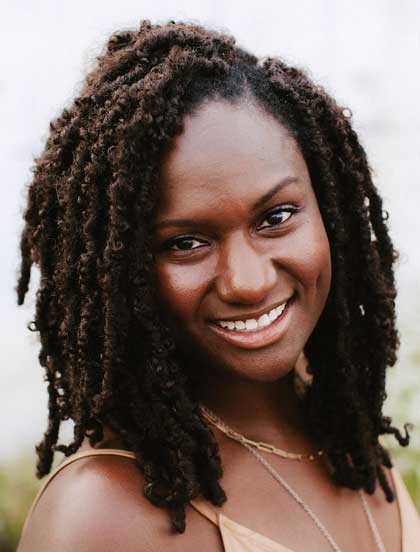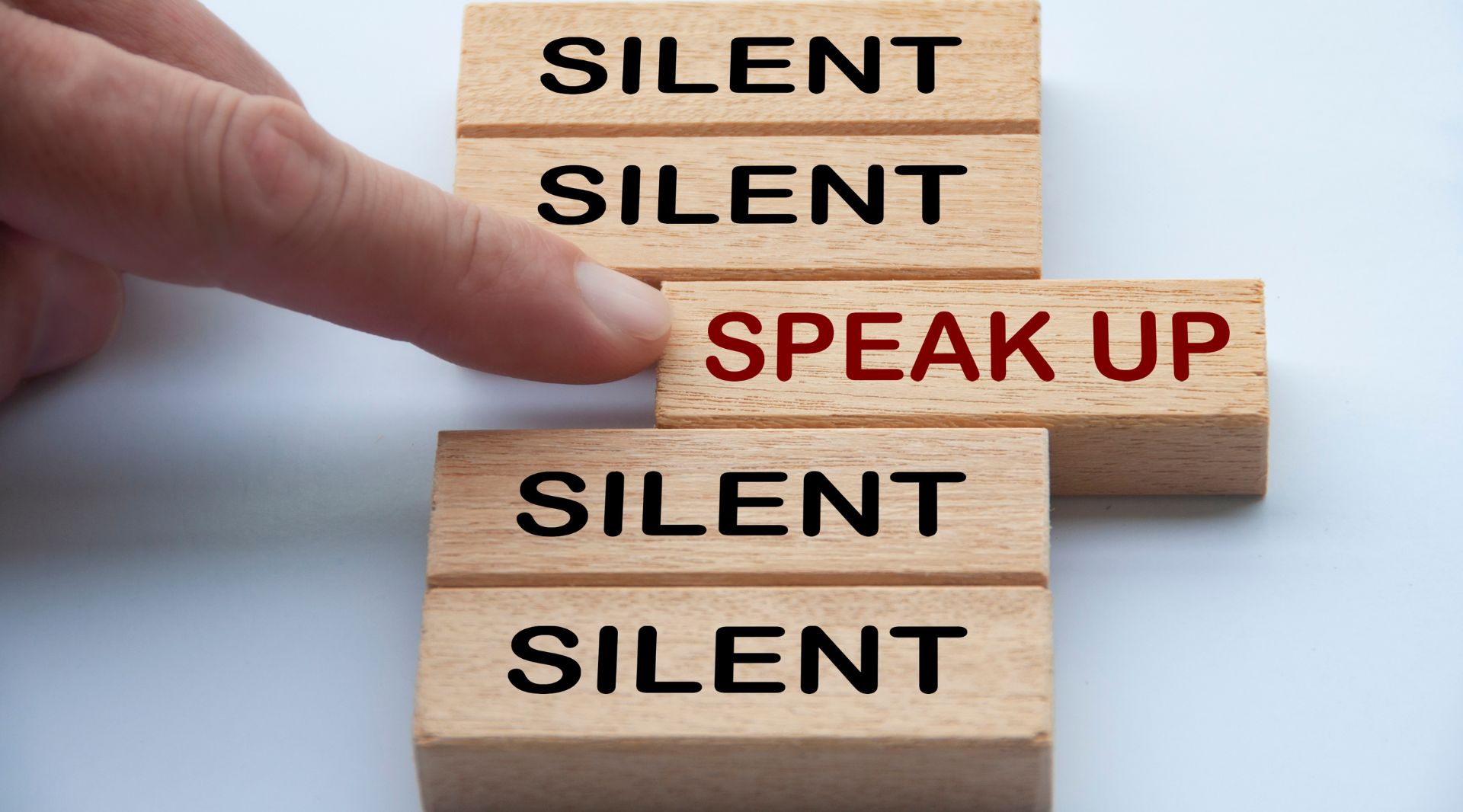Caution isn’t something we’re generally inclined toward in our culture. Risk, after all, has been built into the American dream and its vehicle of capitalism. And social media seems to encourage and even reward being less cautious as we stream out thoughts through posts, comments, and reels, and upload personal photos despite knowing that our sensitive information is likely already being misused. Something in us wants to be deeply known—and some of us may not be as discerning as we would be face-to-face when it comes to who has access to the intimate parts our lives.
But when it comes to lending our voices to what is most important to us, communicating our vision for a world that is whole and flourishing, caution is vital. We cannot be thoughtful and wise while microwaving our most precious material for either public or private consumption. A steady diet of reactivity warps the hard-won wrestling, not just between the voice and the content, but between that voice and the soul it represents.
Walking our voices forward into the world must start with inward formation. If our motive is only to convince others, then we’re missing out on a front-row seat to our own potential transformation—to our growth in maturity, wisdom, and discernment. Formation doesn’t take place in reactivity. Formation doesn’t show up through an outraged or impassioned tweet. Formation takes time. Time and intentionality must accompany our voices as they find their way in the world.
Yes, we might miss out on a trending hashtag. We may not be the first to speak in the wake of another shooting, earthquake, or divisive county board meeting. We may get eyebrow raises from those who expect us to speak, people who know us to be a close friend or ally. If we’re disentangling ourselves from a habit of shooting from the hip, we’ll probably feel anxious that we’re not doing enough.
The answer is not Don’t start at all. We must start somewhere. But if we want our voices to emerge from a deeply formed place, we’re invited to start slow.
So wade gently and humbly into the territories you hardly know by considering these three points of wisdom:
- Learn from others who go before you as your teachers, mentors, and guides.
- Is there someone you respect whose lived experience intersects the space into which you’re eager to speak? Ask them out to a meal.
- Read reputable articles and books on a topic that span a wide spectrum of opinion so you can discern the space where your voice fits.
Starting slow may defy societal norms and challenge your inner need for speed, but it’ll hurt less.
Scripture tells us to …
“... be quick to listen, slow to speak, slow to anger, for human anger does not produce God’s righteousness.” JAMES 1:19-20
What you allow your voice to say should never be about what you can prove but about what you allow your life to produce. Arguing to prove something (particularly when anger is involved) can be a short-term attempt to validate knowledge, worth, or experience—our right-ness or righteousness. But those things have already been secured because of the righteousness of God. When we recognize that our voices aren’t the weapon of our self-defense but fruit cultivated slowly and over time, we present far more than an acute opinion. Our words become a testimony to the greater fullness and richness of our lives—and ideally, a testimony to the greatness of God.


Ashlee Eiland
Ashlee Eiland is a thought leader, writer, and Bible teacher who exists to join in God’s redemptive work here on earth. Her work has one purpose: to help humanity build bridges back to the truth of who God is and between one another in whole and healing relationships. Ashlee formerly served as co-lead pastor at Mars Hill Bible Church in West Michigan, and currently leads as vice president of partnerships for The Colossian Forum, a non-profit that works to harness the power of disagreement to restore connection. She’s also partnered with Women Speakers Collective as a coach and cohort leader, and has led alongside Glenn Packiam, Rich Villodas and Sharon Hodde Miller as part of Barna’s The Resilient Pastor cohort initiatives. Ashlee is also part of a forthcoming documentary on personal transformation and communal reconciliation from Tremolo Productions, featuring the work of The Colossian Forum. (The documentary’s filmmaker, Nicholas Ma, is an award-winning director, producer and writer whose work includes Netflix’s Won’t You Be My Neighbor documentary.) She and her husband live in Grand Rapids with their three kids.

